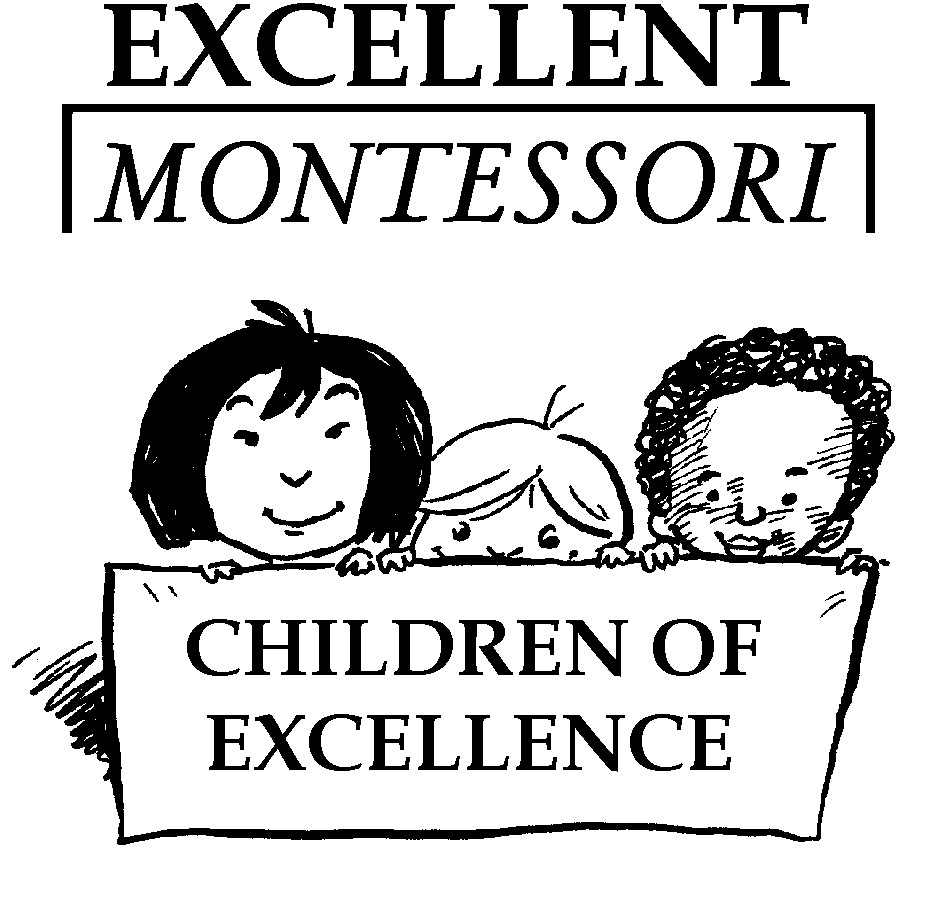
:What is the Montessori Method
🌿 Core Principles
- Child-Centered Learning: Education is guided by the child’s interests, pace, and developmental needs.
- Prepared Environment: Classrooms are designed with age-appropriate materials that encourage independence and exploration.
- Hands-On Learning: Children learn through concrete materials that help them understand abstract concepts.
- Auto-Education (Self-Education): Students teach themselves through purposeful activity and discovery.
- Freedom Within Limits: Children have the freedom to choose activities within a structured environment.
- Intrinsic Motivation: Learning is driven by curiosity and satisfaction, not external rewards or grades.
- Mixed-Age Classrooms: Older children mentor younger ones, encouraging leadership and cooperation.
- Teacher as Guide: The teacher observes and supports rather than directs, facilitating independent learning.
🧠 Educational Focus
- Practical Life Skills: Emphasis on daily living activities (pouring, dressing, cleaning) to build independence.
- Sensorial Learning: Use of materials to refine the senses and enhance understanding of size, color, shape, and sound.
- Language Development: Phonics-based literacy, rich vocabulary exposure, and storytelling.
- Mathematics: Concrete-to-abstract progression using tactile materials (beads, rods, number boards).
- Cultural Studies: Exposure to geography, science, music, and art to cultivate global awareness.
💕 Social & Emotional Growth
- Respect for the Child: Each child is valued as an individual with unique potential.
- Peace Education: Encourages empathy, cooperation, and conflict resolution.
- Community Building: Emphasis on grace, courtesy, and working collaboratively.

One response
Hi, this is a comment.
To get started with moderating, editing, and deleting comments, please visit the Comments screen in the dashboard.
Commenter avatars come from Gravatar.